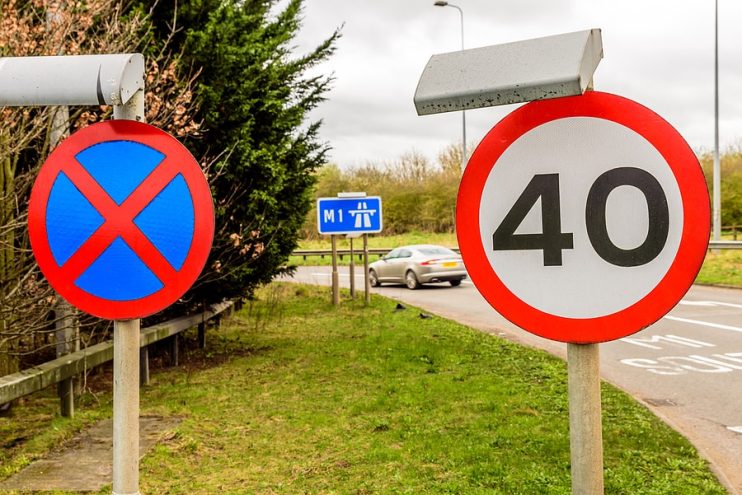
Is the legal speed limit 30mph or 40mph in a built up area? Is it 60mph or 70mph on a single carriageway when you see the national speed limit applies sign?
It can be easy for you to forget the national speed restrictions, particularly if you drive familiar roads and don’t venture out of this comfort zone. Also limits can change, and if you’re not paying attention, you could miss the signs.
Different vehicles are also often subject to different speed limits, so it’s crucial that you know the law, The Highway Code, and more importantly, know your limits. Knowing the speeds is one thing, but how can you make sure that you don’t push yourself to break the speed limit?
What does the Law Say?
The law takes an understandably dim view of speeding. Get caught breaking the limit and you will see minimum fines of 3 points on your license or £100 fine. If you want to appeal, then you will have to go to court. As you would expect fines and points increase with the severity of your offence.
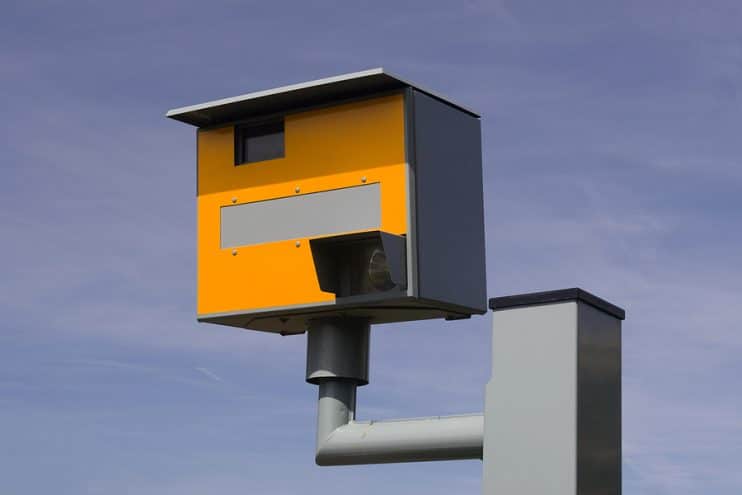
Tips to Help Reduce Your Speed
The following advice can help you manage your speed more effectively – ensuring you stay with the required legal limits:
Plan in Advance
Don’t simply rely on your Satnav to get you from A to B, as these are not always up to date or easy to follow when you’re on the move. Try to familiarise yourself with the route first; check for motorways where you can go at the national limit and avoid potentially tricky B roads where you could get caught behind a tractor. And jot down a few milestones such as towns and major junctions that you might be passing along the way.
Give Yourself Time
When you’re anxious about the ticking clock, you’re more likely to speed. By allowing for unforeseen circumstances on your trip such as the dreaded roadworks and diversions or getting stuck behind a slow moving lorry or coach. If you have an important rendezvous then prepare in advance; no one wants to be looking for the car keys five minutes before they have to leave. And if you get delayed, accept it. People will understand. It happens.
Relax into It
Driving when under stress can cause you to speed, and driving itself can be exceptionally stressful, especially in torrential rain or when traffic is bumper to bumper in rush hour. Take time to relax before you set off (avoid stressful conversations, high octane television or film or provocative social media).
When you’re out on the road, a little calm music or slow, deep and rhythmic breaths can calm the nerves. If you get really anxious however, then simply stop the car and pull over; next to a park or garden space is ideal, allowing you to go for a walk. Remember, it’s better to be late than sorry.

One Eye on the Dial
Keep one eye fixed on your speedometer; yes, this should go without saying, but it is easy to forget when you’re locked into the drive. Regular glances should allow you to judge your speed and will prevent your zoning out, but don’t stare at it so you miss the action on the road. Get your speedo checked too to avoid faults, and remaining under the limit gives you a little play if you put your foot down, whereas if you try to stay bang on the line you may find you’re drifting into speeding territory.
Cruise Control
If you have it, use it. Cruise control is now available in many modern cars. Whilst it is not really suitable for windy conditions, urban roads or bad weather; it can be used on a straight open road. Simply accelerate until you reach your chosen speed, engage the cruise control and the car’s automatic systems will take over, matching your chosen speed. All the temptation to speed is taken away, allowing you to relax and focus on steering.
Forget the Rest
Road use is not a competition. No matter how many Formula One races you might have seen, don’t get caught up in a boy racer ego competition. Ignore passengers who might want to egg you on to commit more aggressive manoeuvres; it’s your car, your insurance and your license. And of course, don’t let other drivers tailgate you; ignore them or let them pass.
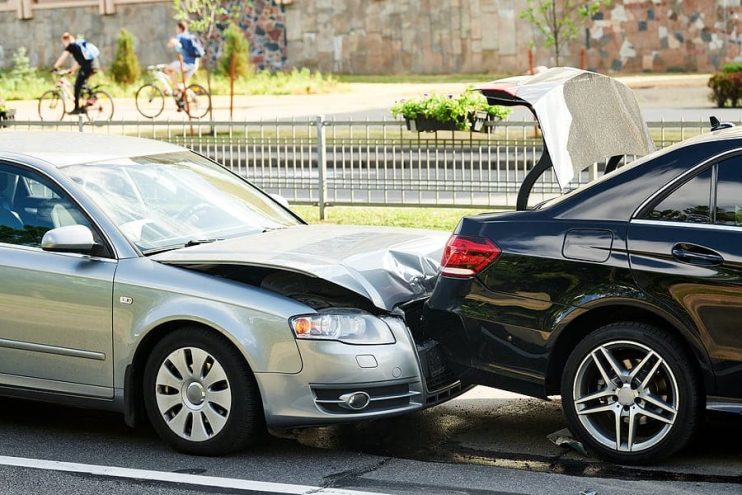
Think about the Consequences
When you speed, you’re not only putting yourself at risk, but the lives of other road users, pedestrians and even your passengers. More speed equals less response time and sudden unexpected situations on the road could lead to dangerous outcomes. Risk of accidents increase exponentially as you increase your speed.
Think about what might happen to your life if you cause a serious accident. You could lose your job; it’s not only about the points on your license or fines. If you injure someone or worse, take a life, then this will be on your conscience for the rest of your days. Or if you’re the one killed in an accident, then think of your loved ones who will mourn the loss.
Don’t get lulled into a false sense of security. Everyone thinks they’re a good driver. It only takes one accident to change your life.
A Final Word
Drive less often and you don’t have to speed so often. Sounds simple right? Get a little exercise in, the old blood flowing round the system and cut down on your carbon emissions. Many of our shorter trips could be completed by foot or on a bike. Need to carry something? Buy a good rucksack.
Of course. Some of us feel the need for speed. And there are computer games that can fill this void. If you must have the real thing, then book a track day or go karting. Leave the pedal to the metal stuff for anywhere but the public highway.






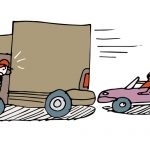

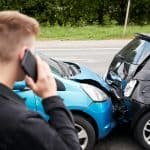



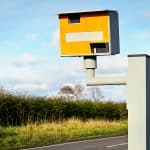
.png)